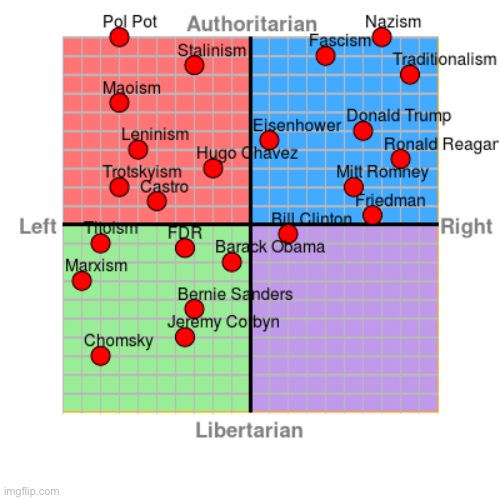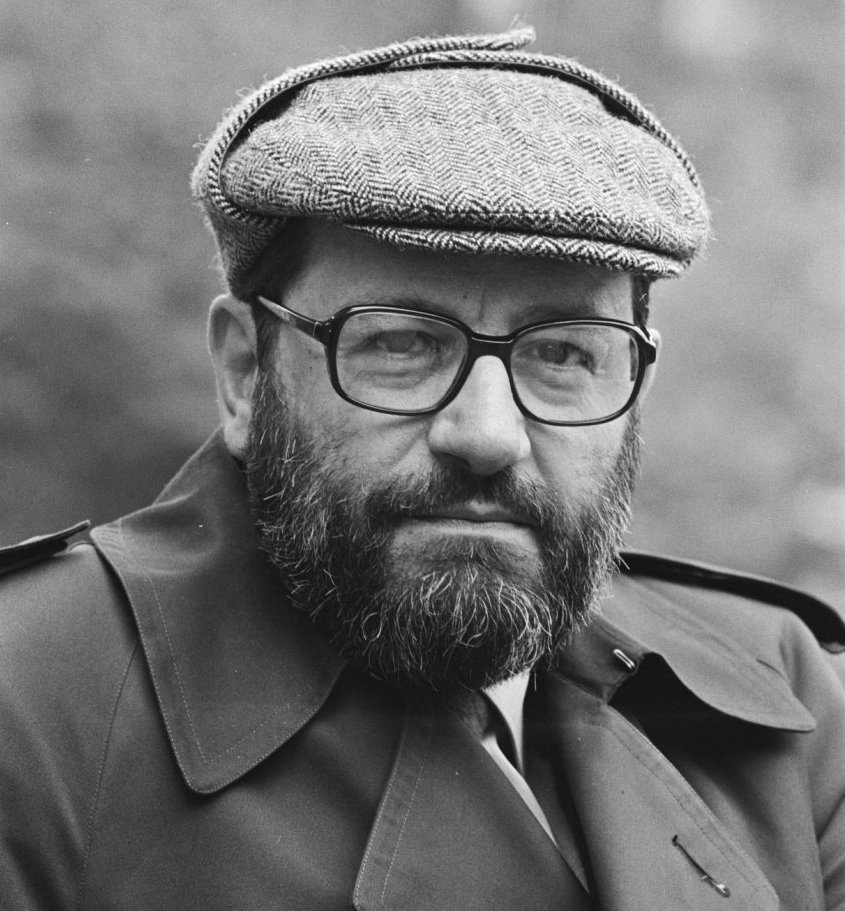Why did we need to preserve *what* European character of the country through immigration laws up to 1965? Chinese came in the 1850s, Japanese a decade or so later. Rarely European, rarely white, rarely Christian, until Mexicans began coming in 1850 or so as well. Yes, the immigration laws addressed in the 1965 act had favored Europeans, Northern Europeans to be specific. JFK mentioned that in my Italian neighborhood in Brooklyn when I saw him there in 1960. And black people *literally* made America work for 250 years by laboring for free. You are speaking of some dreamy white-bread American world that never existed. Wake up and smell the falafel.
Whoa! Not so fast.
If you've attempted to to contradict my post you’ve presented a very poor unskillful attempt.
'Chinese came in the 1850s, Japanese a decade or so later.'
Racial and Ethnic Demographics of the United States (Total Numbers) 1860
European White 26,922,537
Black 4,441,830
Asian (includes Chinese, Japanese) 34,933
Hispanic (of any race) 155,000
Total Population 31,443,321
So as a matter of fact The Chinese & Japanese were .001 or 1/10th of 1% of US population
not even a blip on the radar screen. After you say they came aboard did they become more prominent
in the scheme of things. Let's investigate.
60 years afterwards about the time when the great restrictionist William Vaille of Colorado
championed the Immigration act of 1924
Racial and Ethnic Demographics of the United States (Total Numbers) 1920
European White 94,820,915
Black 10,463,131
Asian (includes Chinese, Japanese & Pacific Islanders) 182,137
Hispanic (of any race) 1,286,154
Total Population 105,710,620
So in 60 years did they become a more prominent race in the USA absolutely not.
again not even a blip on the screen .001 or 1/10th of 1% of US population
During this entire period the Population of the country remained the most homogenous
country in the western hemisphere with the possible exception of Canada with British & skimpy black numbers & French & Argentina with German, Italian & Spanish immigrants & skimpy if at all black population
The population of the USA exploded from 1860 to 1920 with the flood of newcomers from
Italy & peoples from eastern Europe which had not previously been substantially noticed before.
There in lies the roots of the Immigration of 1924 with Vaille and his allies intent to put a stop
to it. But they came and came legally perhaps guided by the founders edict that acceptance to the US
was open to 'White men of moral character, no others need apply' & they fit into that category.
That act was put into law in an attempt to limit these new ethnics. Asians & Africans were in the
do not apply category, there entrance here was muzzled.
###############################################
Now for your 2nd rather bombastic flourish 'Mexicans began coming in 1850 or so as well.'
After the Mexican War the US acquired Mexican lands which has limited populations so yes in a way
Mexicans became a blip on the radar screen as well. Here is an analysis of Mexican population here in 1850.
Hispanic Population in US States & states to be in 1850
N Mexico 69,000
Texas 19,000
California 12,000
Arizona 1,300
The movement of Mexicans to the United States was so sparse that it didn't spur
the Census Bureau to create a new racial category, Mexican, until 1930.
Population in 1930 and reveals that the U.S. Hispanic population was still overwhelmingly Mexican and Western.
Total 1,603,552
###########################################You
Your notion that these immigrants managed to gain a foothold in the USA untio the Immigration act of 1965
is laughable as revealed facts establish.
Tha fact of the matter is that 4 basic ethnic groups populated the USA at the time of the Immigration Act of 1965.
The overwhelming members of the founders were British that's why they are called the mother country, the Irish the Germans & the Italians who came later but inhuge numbers from 1890 to 1920.
It's my guess that in the US today there are more Americans tracing their roots to Ireland & Germany than
to Britain itself. The Founders were strongly British but Ireland has the 2nd most signers of the Founding
Document with 6. Three actually born in Ireland & three born here of Irish born parents.
Germans & the Irish who have been at the forefront nearly since the founding, & the Italians
############################################
The Immigration Act of 1965 ended Homogenous America 90% European ethnics that overtook Britain in 1920 (some say a little earlier)
as the greatest economic & military power far before the 'beautiful age of diversity'




